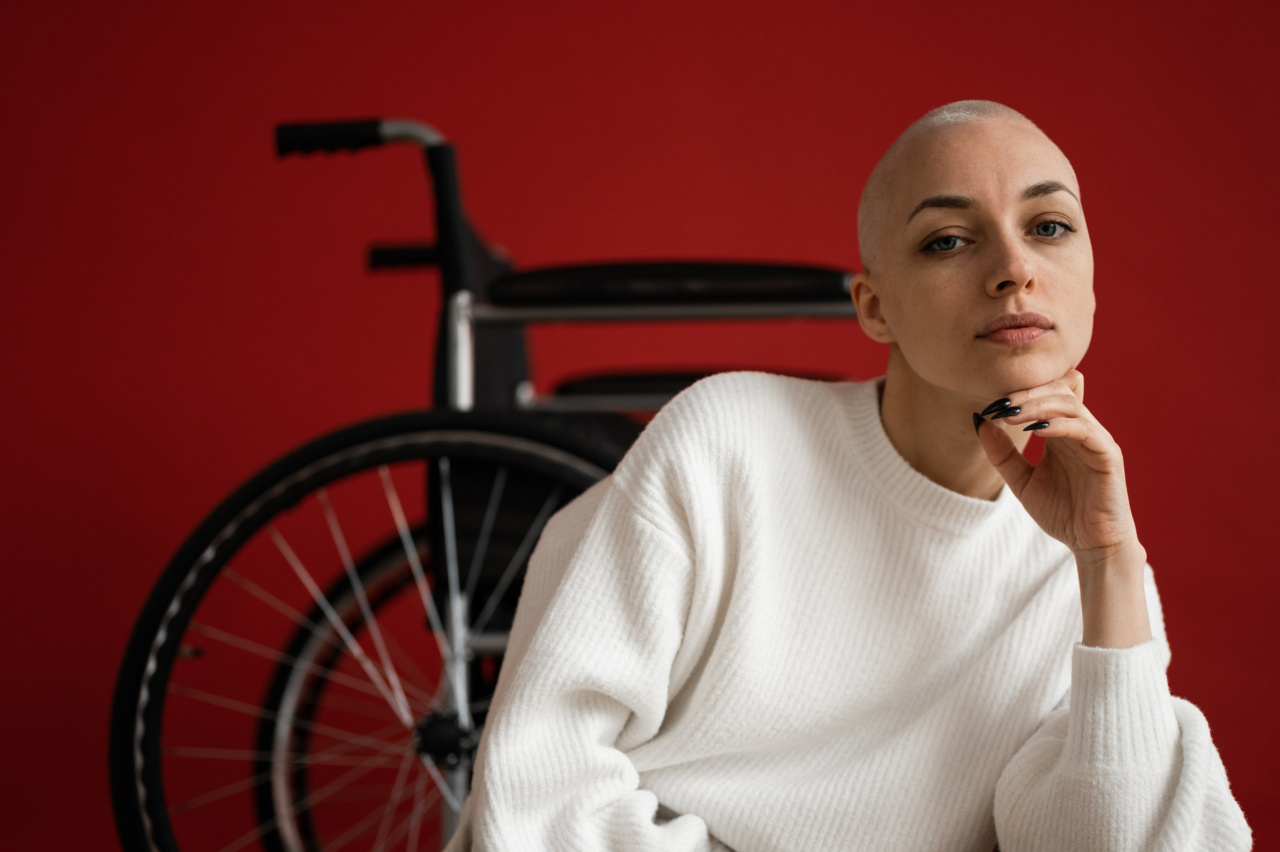Stroke can be a life-altering event that can affect a person’s mood, cognitive function, and ability to concentrate. It is essential to take steps to improve mood and concentration in stroke recovery to regain a fulfilling life.
This article looks at effective strategies that one can implement when recovering from a stroke.
1. Exercise
Regular physical activity can stimulate the brain, improve mood, and reduce the risk of depression. Exercise can also help in increasing concentration by increasing blood flow to the brain.
Individuals recovering from a stroke should engage in low-impact exercises such as swimming, yoga, and walking.
2. Mindfulness meditation
Research has shown that mindfulness meditation can help improve mood and reduce anxiety. In addition, it can also help in improving concentration.
Individuals recovering from a stroke can start practicing mindfulness meditation by focusing on their breathing and paying attention to their thoughts and feelings without any judgment.
3. Social support
Isolation and loneliness can contribute to depression and anxiety. Individuals who have recently suffered from a stroke should surround themselves with supportive family members and friends.
Social support can help in improving mood and concentration and can be a crucial step in stroke recovery.
4. Cognitive rehabilitation
Cognitive rehabilitation can help individuals recovering from a stroke to improve their cognitive function and concentration. It involves a range of exercises that focus on memory, attention, and problem-solving skills.
Cognitive rehabilitation can be done with the help of a speech and language therapist or an occupational therapist.
5. Proper nutrition
Proper nutrition is essential to maintain physical and mental health. Consuming a healthy diet rich in fruits, vegetables, whole grains, lean proteins, and healthy fats can help improve mood and concentration.
Avoiding processed foods and saturated fats can also help prevent depression and improve cognitive function.
6. Get enough rest
Getting enough sleep is vital for both physical and mental well-being. Stroke recovery can be tiring, and it is essential to get enough rest.
Individuals recovering from a stroke can improve their sleep by creating a regular sleep schedule, avoiding caffeine before bedtime, and ensuring their bedroom is quiet and comfortable.
7. Relaxation techniques
Relaxation techniques such as deep breathing, progressive muscle relaxation, and visualization can help reduce stress and anxiety.
These techniques can also help in improving concentration and can be practiced at any time to help calm the mind and improve mood.
8. Keep a journal
Journaling can be a helpful tool for individuals recovering from a stroke to track their progress and manage their emotions. Writing down thoughts and feelings can help individuals identify patterns and understand their emotions better.
Journaling can also help in improving concentration by allowing individuals to focus on their thoughts and feelings.
9. Cognitive-behavioral therapy
Cognitive-behavioral therapy (CBT) is a type of talk therapy that can help individuals recovering from a stroke to manage their emotions and improve their cognitive function.
CBT helps individuals identify negative thought patterns and teaches them how to replace them with more positive ones. This therapy can improve mood and concentration and help individuals regain control of their lives.
10. Take breaks
Finally, taking breaks is crucial for individuals recovering from a stroke. Too much focus and concentration can lead to exhaustion and increased stress levels.
Taking regular breaks can help in improving mood and concentration and can be a crucial step in stroke recovery.































